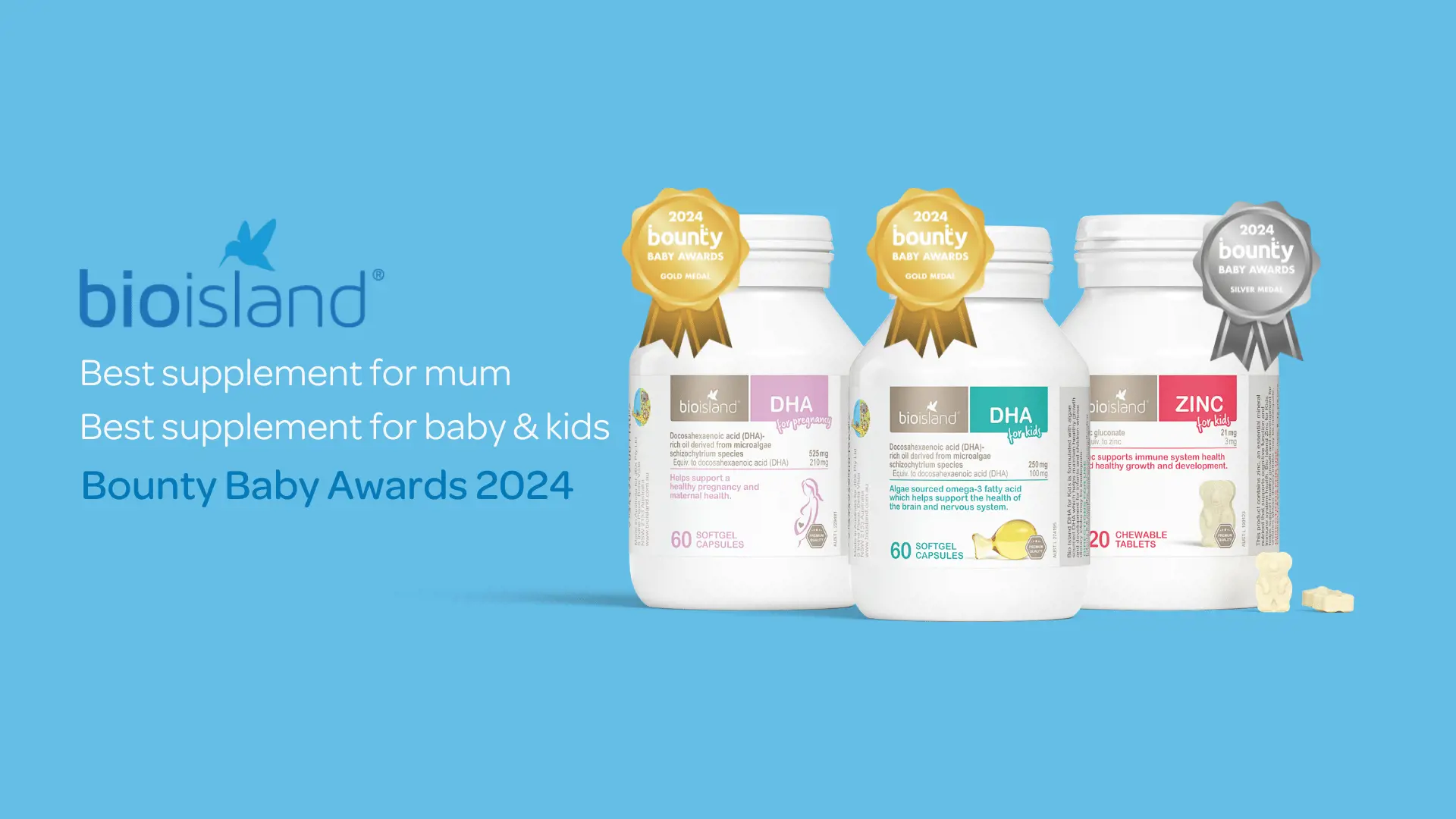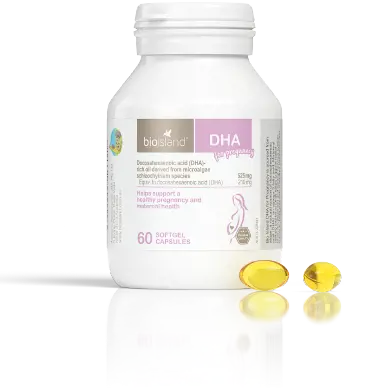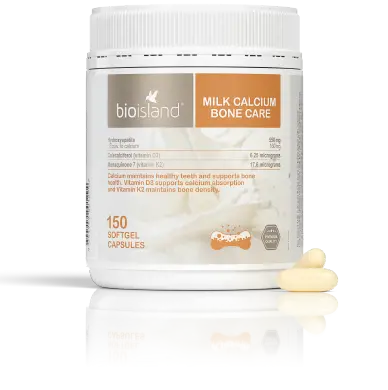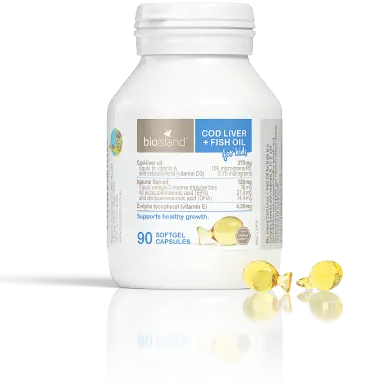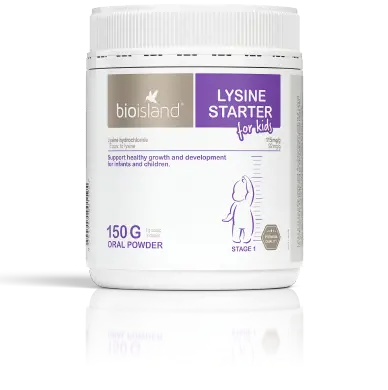
Support for new mums through post-natal nutrition
Your body has also just been through one of the most transformative periods and it’s no wonder that many mothers find themselves overwhelmed and undernourished during this time.
Healthy Pregnancy
By Bio Island Nutrition Team
The first month after the birth of a child is sometimes referred to as the fourth trimester, and for good reason! For many women (especially new mums) the first few months with your newborn are filled with love, but also with equal amounts of anxiety, stress, exhaustion, and sleep deprivation. There is no handbook on parenting, and it takes time to get adjusted to your new role of being responsible for another human being.
Your body has also just been through one of the most transformative periods and it’s no wonder that many mothers find themselves overwhelmed and undernourished during this time. Post-natal nutrition is so important, irrespective if a woman is breastfeeding or not. A healthy, nutritious diet helps to provide new mums with the vitamins and minerals they need to help support their (limited!) sleep, breastmilk production (if breastfeeding), energy needs and mental health. Below are some of our best tips to help get you through this time nutritionally.
Energy Support. When talking about energy from food, it’s all about the B vitamins. B vitamins play an essential role in helping our cells create energy and work best when consumed together. You can find B vitamins mostly in animal food such as cheese, yoghurt, eggs, poultry, and some leafy green vegetables. Other important energy-producing vitamins and minerals that you need to include in your diet are magnesium, iodine, iron, and coenzyme Q10. You can ensure you are getting enough of these nutrients by eating a fresh whole foods diet that balances fresh fruit and vegetables with healthy animal foods such as meat, fish, and dairy. If you are a practicing vegan or vegetarian it is important to know which plant foods you need to include to help keep your stores high for certain nutrients, especially iron. If you are at all concerned about your levels, you should speak with your treating doctor or dietician about supplementation.
Gut health. There is more and more information coming out linking mental health to the microbiome. In fact, one recent study has found that women who supplemented with the probiotic Lactobacillus rhamnosus HN001 for six months after giving birth reported significantly lower depression scores than women who were not supplementing. The microbiome is complex, and it is important to speak to a health professional before supplementing to make sure you are giving your body the right mix of probiotics. It is also important to remember probiotics are naturally present in fermented foods so one of the best ways to help your gut is to eat foods like yoghurt, kefir, and sauerkraut on a regular basis.
Frequency. When you eat is definitely second to what you eat in terms of importance. When you have just had a baby, it is so easy to put yourself last and only try and get in a quick bite when the baby is sleeping. Unfortunately, this pattern of eating can leave you hungry, tired, and even more energy depleted than you already are. During this time, it is important that you try and eat regularly in order to keep your blood sugar levels stable. Having small, frequent meals that are high in protein, fibre, and carbohydrates will help to keep you satiated and provide you with the energy you need to get through your day. Good snacks to have on hand are things like boiled eggs, apple slices, peanut butter on rice cakes, nuts and seeds, fruits, and yoghurt.
Enlist help. While all the above tips may help you to keep your post-natal diet at it’s best, it is not going to happen without the help of family and friends. Meal-prepping and food shopping is basically out of the question during this time unless you are superwoman. Now is the time to enlist your partner, relative, or friends help to keep your fridge and pantry stocked so that you can spend more time focusing on the important stuff. Like getting a few more hours sleep!
This information does not take into account your personal situation and is general in nature. You should consider whether the information is appropriate for your needs and seek professional medical advice.
Always consult your healthcare professional before taking any supplements or if any concerns arise.


